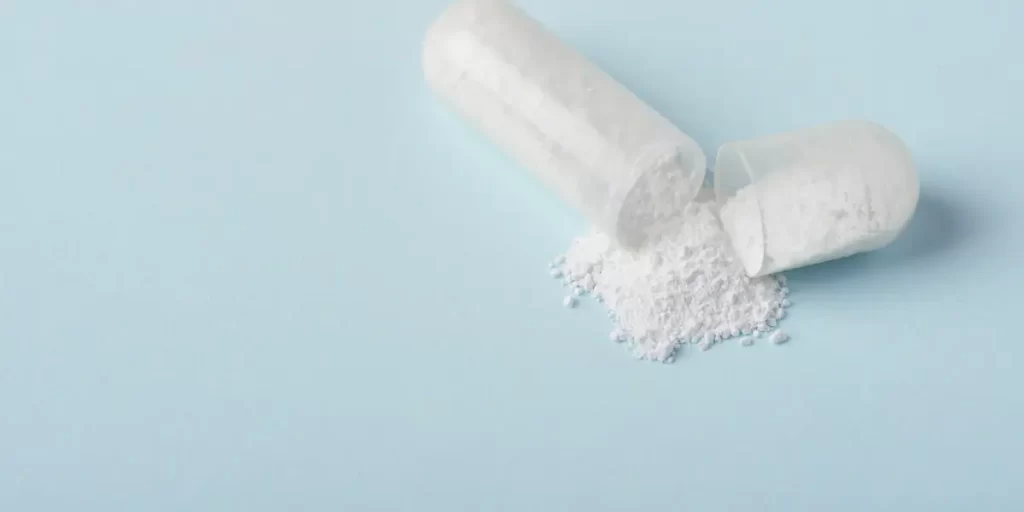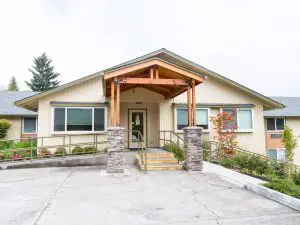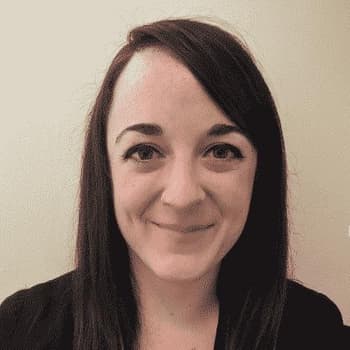DMT Treatment and Rehab
Written by Thomas Christiansen
& Medically Reviewed by Maureen McNulty
Medically Reviewed
Up to Date
Last Updated - 6/17/2022
View our editorial policy
Small amounts of DMT are found in the brain which activate proteins that lead to increased levels of serotonin in the brain. Serotonin can boost a person’s mood, and it is also involved in other brain processes related to learning, memory, appetite, sleep and control of various bodily functions. When a person takes DMT, they may experience hallucinations featuring bright colors and moving patterns.
While not a lot of research has been conducted on DMT’s effects, it seems that this drug may not cause physical dependence, so DMT treatment often doesn’t involve medical detox. However, there is some evidence that people may become mentally dependent on DMT. People who use it regularly and have a hard time cutting back or stopping their use may benefit from DMT addiction treatment, which can help them learn to live without the drug.
DMT Treatment Approaches
DMT is not thought to cause tolerance, and because it clears from the body fairly quickly, treatment does not usually start with detox as it does for many other types of drugs. Usually, any withdrawal symptoms will be over quickly, and people can manage them at home. If symptoms become severe, people can seek medical help to make sure that their body weans off DMT safely. Not all rehab centers offer treatment for DMT. However, this may change as the use of DMT increases.
Inpatient Rehab
Inpatient drug rehab involves living at a facility full-time while a person receives treatment. An inpatient program can help people manage symptoms during the withdrawal period. For some drugs, doctors can prescribe medications that specifically help treat withdrawal symptoms. There aren’t any medications approved to treat DMT withdrawal, although health care providers can still give people treatment to manage specific symptoms. For example, doctors may be able to provide relief for headaches or nausea. While DMT users don’t usually need to worry about withdrawal, it may be a concern in people who are using multiple substances or who have mental health concerns.
Many people who abuse drugs also have underlying mental health disorders including anxiety and depression. Usually, patients will be evaluated for these co-occurring disorders when they arrive at an inpatient facility. Treatment then involves addressing these other mental health issues at the same time as addressing the substance use disorder.
Inpatient rehab is likely a good fit for people who have severe problems curbing their DMT use, typically mix DMT with other substances such as alcohol or feel like they will be tempted to go back to DMT use if they’re not in a controlled environment.
Outpatient Rehab
Outpatient drug rehab is a little more flexible and less structured than inpatient care. This type of program includes attending sessions at a facility or with a doctor or counselor during the day and returning home at night. Sometimes, people may instead live in a sober-living home while they go through treatment. Participants can often still work, go to school and maintain their childcare responsibilities. Outpatient rehab lets people maintain all or most of their typical daily schedules. Outpatient rehab is also typically cheaper than inpatient rehab.
Not everyone is a good fit for outpatient programs. If someone has a history of recurring substance use or has a severe addiction, outpatient therapy may not work well for them. Additionally, people who go through these programs need to have a strong support network at home consisting of people who will encourage their efforts to recover. If someone spends a lot of time around other people who use drugs, then they will be more likely to experience a setback once they get out of their outpatient rehab programs and return to their normal routine.
There are different levels of outpatient treatment. Some programs involve fewer hours than others. The treatment plan that is best for an individual depends on their own needs, the severity of the addiction and co-occurring disorders. Participants may switch between treatment programs as they move through recovery.
Aftercare
A person is not fully “cured” or healed once they leave rehab. Recovery is a journey and a person’s plan for sober living will probably require them to make some adjustments along the way. This is where drug rehab aftercare comes in.
Aftercare programs help people take the things they learned in rehab and apply them to their daily life. There are many types of aftercare treatment that someone may take part in that can help them continue to live the lifestyle they want.
One part of aftercare is meeting regularly with a doctor who is familiar with addiction medicine. A doctor can treat symptoms that arise from damage caused by long-term drug use. For example, people who have used substances for long periods of time may have liver or kidney damage that should be monitored and treated. Physicians can also help manage medications that may be helping with long-term, drug-related symptoms.
Another part of aftercare may be one-on-one therapy. Many people who misuse substances do so because they haven’t yet found good ways to cope with their problems. Therapists can help people learn to deal with stress in a healthier way. They can also help a participant understand their own thought patterns and behaviors more clearly, which can help someone learn how to avoid setbacks more effectively.
Finding a DMT Treatment Center in Washington or Oregon
How does someone know when their DMT use becomes a problem? One big warning sign is when a person feels like they can’t control their DMT use. If someone has health problems or legal issues because of DMT but still continues to use the drug anyway, this can be a sign of addiction. Other indicators may be experiencing cravings or trying to cut back on DMT use but not being able to.

The Recovery Village Ridgefield
888 Hillhurst Rd. Ridgefield, WA 98642
(855) 703-1445
The Recovery Village Ridgefield provides drug rehab in Washington state. Contact The Recovery Village Ridgefield to speak with a representative about how professional addiction treatment addresses substance use disorders. Take the first step toward a healthier future, call today.
Sources
Carbonaro, Theresa M.; Gatch, Michael B. “Neuropharmacology of N, N-Dimethyltryptamine.” Brain Research Bulletin, April 25, 2016. Accessed September 14, 2019.
National Institute on Drug Abuse. “Hallucinogens.” April 2019. Accessed September 14, 2019.
View Sources
Carbonaro, Theresa M.; Gatch, Michael B. “Neuropharmacology of N, N-Dimethyltryptamine.” Brain Research Bulletin, April 25, 2016. Accessed September 14, 2019.
National Institute on Drug Abuse. “Hallucinogens.” April 2019. Accessed September 14, 2019.
Authorship






